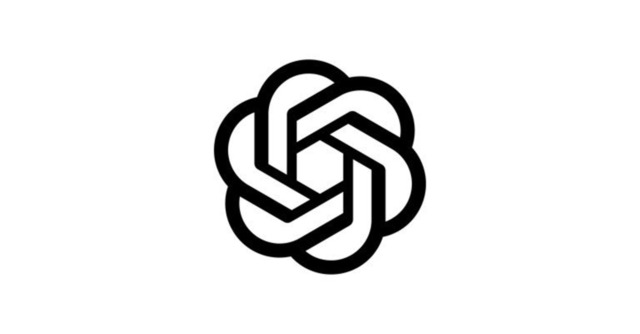
OpenAI announces general availability of GPT-4


OpenAI has announced the general availability of GPT-4, their latest text-generation model, via their API. Effective immediately, existing OpenAI API developers with a reliable payment history can access GPT-4.
The company plans to grant access to new developers by the end of this month, gradually increasing availability limits based on compute availability.
According to a blog post by OpenAI, since March, there has been a surge in demand, with millions of developers requesting access to the GPT-4 API. The range of innovative products utilizing GPT-4 is expanding rapidly, with OpenAI envisioning a future where chat-based models can support a wide array of use cases.

GPT-4 offers notable enhancements compared to its predecessor, GPT-3.5. It can generate text, including code, and accept both image and text inputs. It has achieved "human-level" performance on various professional and academic benchmarks. Similar to previous GPT models, GPT-4 was trained using publicly available data from websites and licensed data, the blog post said.
It's important to note that not all OpenAI clients currently have access to the image-understanding feature. Be My Eyes is the sole partner currently testing this feature, but OpenAI has not specified when it will be made available to a broader consumer base.
In addition to GPT-4, OpenAI has also made the GPT-3.5 Turbo, DALL.E, and Whisper APIs generally available. Furthermore, OpenAI is actively working on enabling fine-tuning for both GPT-4 and GPT-3.5 Turbo, allowing developers to customize and train models for specific tasks. This highly anticipated feature is expected to be available later this year.

The Microsoft-backed company also plans to retire some of its earlier models that utilized the Completions API within the next six months. OpenAI does not have any intention of publicly releasing new models that utilize the Completions API, as they prioritize future model and product upgrades for the Chat Completions API. As a result, older completion models will no longer be available after January 4, 2024.
